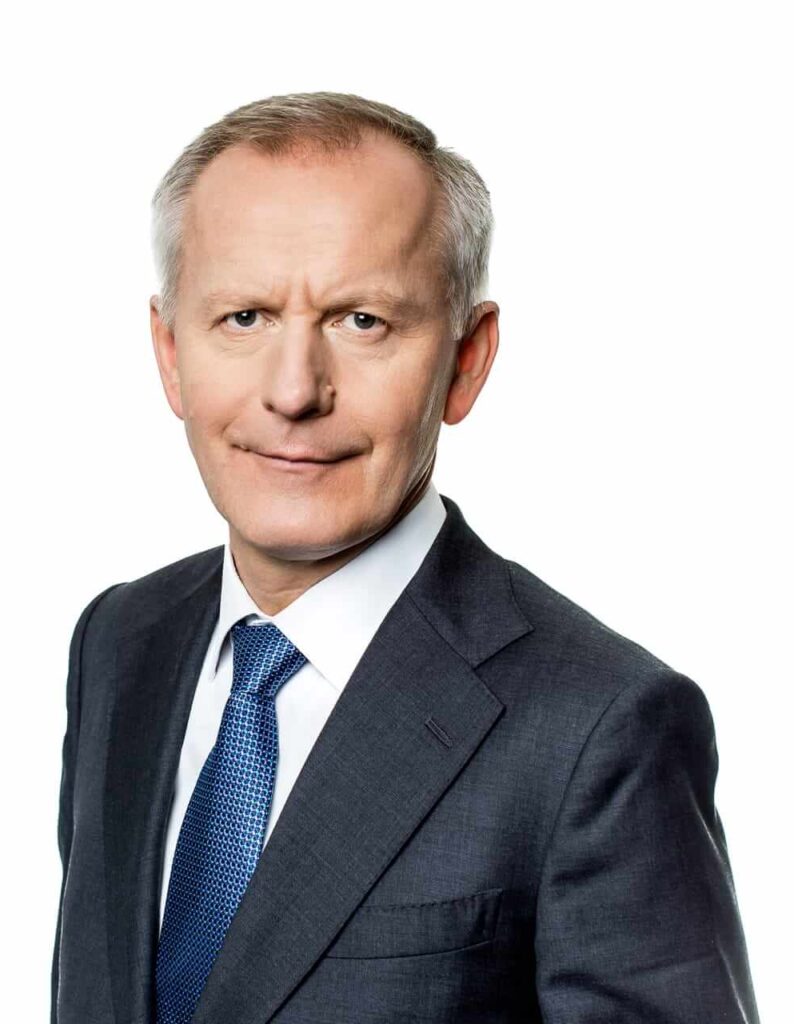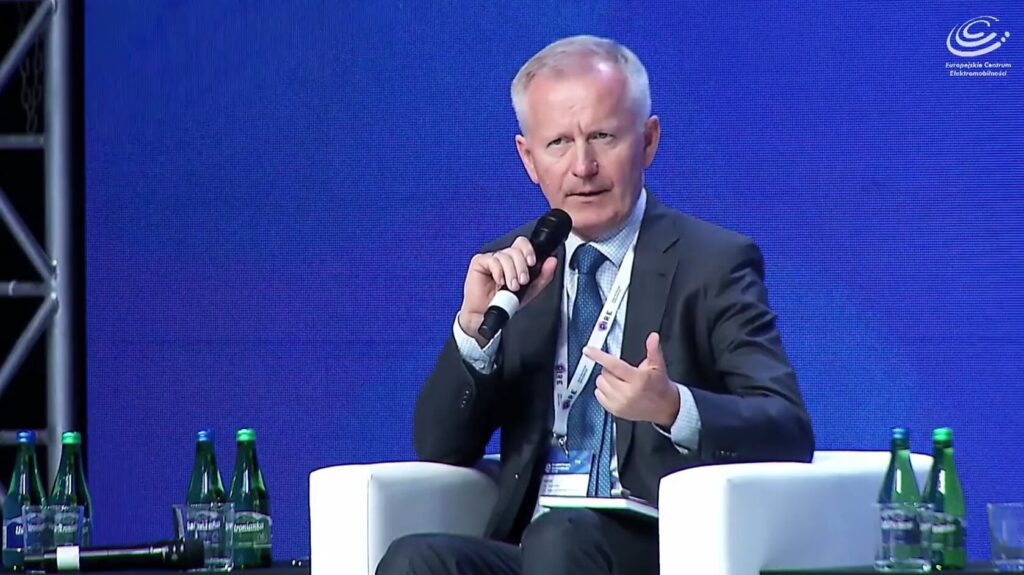“We should focus on promoting electromobility to strengthen its position in Poland. This is a job for the government. It’s not about competing for position or profits for corporations, but about fighting to keep funds from the European Green Deal here in Poland to the greatest extent. At present, our balance is negative. Electric cars, wind turbines, solar panels and inverters come to us from abroad. We need hundreds of local companies to fuel the development of the electromobility industry in Poland and influence the balance of added value”, emphasized Krzysztof Domarecki, the main shareholder of Selena Group and President of the Fidiasz EVC fund, during the panel opening the first edition of the European Electromobility Congress.
30 June saw the first edition of the European Electromobility Congress. The event was held in Zielona Góra under the honorary patronage of the Ministry of Climate and Environment. During the congress, the organizers planned expert debates with entrepreneurs and business practitioners, as well as with local authority officials and university representatives. The main subject was electromobility – opportunities, barriers and challenges to its development in Poland and in the world. During the kick-off panel discussions focused on the educational potential of the labor market and the opportunities for the national economy. Participants of the debate included, among others: Paweł Wideł, President of the Association of Automotive Employers Konfederacja Lewiatan, Wojciech Rowiński, General Manager of Scania Polska S.A. and Krzysztof Domarecki, the main shareholder of Selena Group and President of the Fidiasz EVC fund.

“Electromobility is one of the major and growing trends in the modern world. Poland is more or less 30 years behind in the development of this area. In this context, the prospect for our participation not only in the electromobility industry, but also in the whole Green Deal, is economically unpromising. There is a lot of work ahead of us to improve this financial outlook”, said Krzysztof Domarecki.
“Poland is not alone, though. America is another example. The electromobility pioneers that are now leading the way are Germany and China. The two countries have overtaken America in this race, and it’s European or Chinese industry that will reap the greatest financial benefits from this trend”, he added.
Participating in the expert debate were also: Artur Konarski, CEO of EvoBus Poland, Ilona Antoniszyn, advisor to the Management Board of VW Group Poland, Magdalena Jackowska-Rejman, Managing Partner of techBrainers, Wojciech Hann, CEO of BOŚ Bank, Krzysztof Mech, Assistant to the Prime Minister, and Professor Wojciech Myślecki, PhD Eng. During the panel, the speakers also noted the changes taking place in the electromobility industry in the context of the labor market and economy.

About 40-50 years ago, the added value generated by the energy sector would remain in Poland. This was because the sector was serviced in its entirety by the national economy – from extraction of domestic coal using Polish workforce, know how and machinery, through to energy networks and universities linked to this sector. Currently, in the era of globalization and development of green technologies, including electromobility, we are incredibly trailing behind, which definitely makes us incapable of achieving the same level as Germany. We are just unable to close this gap. For comparison, our Western neighbors have put their whole industry to the development of electromobility. Green enterprises operating around the electromobility sector in our country, companies such as Solaris or Newag, are just isolated examples”, Krzysztof Domarecki pointed out.
The panel ended with a discussion on the future of electromobility in Poland.
“When looking at Poland’s position both in Europe and elsewhere in the world, it should be noted that we are not a leading player within the European Union, and it’s not us who are calling the shots. Moreover, as a member state, we are required to respect and accept market competition within the EU. Increasing the share of our companies is one of the factors for improvement of Poland’s position. However, before this happens, the government and government organizations should carry out an analysis to answer the question about what measures should be taken to boost the number of these companies. The next step is for the state to stimulate growth. Without a technocratic approach to this game, the payment and economic balance of the Green Revolution will remain negative for next 50 years”, said Krzysztof Domarecki.
The second part of the congress initiated the project of the European Electromobility Center in Zielona Góra. The event was organized by the Polish Chamber of Electromobility Development, an NGO that brings together entities operating in the e-mobility industry.